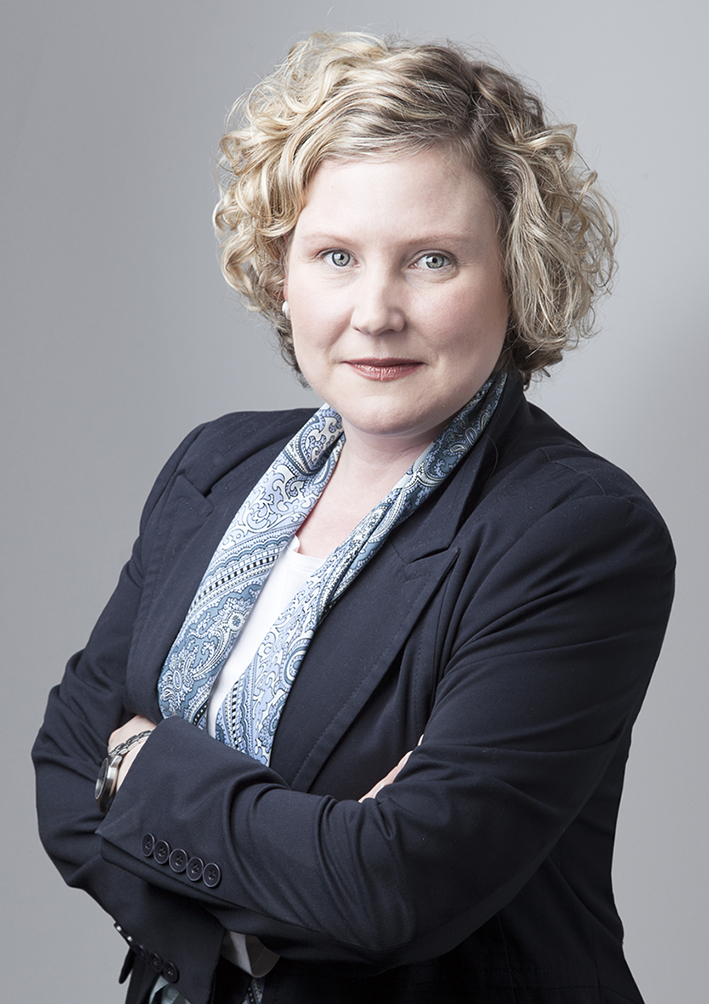
Until 2019 each citizen shall only use 90 plastic shopping bags a year, until 2025 only 40 – so the respective 2015 EU directive. However, it got about in the meantime that the alternatives to plastic – fabrics and jute – are not necessarily environmental-friendly. Christiane Auffermann and Patrik Elfert present the idea of an innovative returnable system for shopping bags that is being tested in Germany and could work European-wide.
In Germany, there is a voluntary agreement between the Federal Government and the German trade association to half the consumption of plastic bags within ten years. Ever since, plastic bags have to be paid in the shops or alternatives are offered which also have to be paid. However, the German Environment Agency already warned against focusing on plastic bags. Single-use bags as extremely short-life products are to be generally avoided because of waste point of views, explained the agency at the time, independent of the material they are made of. This is why it has to be avoided that plastic bags can be simply replaced by complimentary paper bags.
Bags made of jute or cotton are only an environmental-friendly alternative if they are often reused. For returnable bags have a significantly higher environmental burden than single-use bags. Once bought, the customer often uses them only slightly – because they are simply forgotten at home. Customers go on buying more bags – with the result that the bags are piling up at home mostly not being used. According to an eight-week online survey of Fraunhofer IML 25 per cent of the customers forget their bag at home when purchasing food – in the non-food area it is even up to 78 per cent.
How does the system work
The researchers of Fraunhofer IML developed a solution with "MyEcoBag", a returnable system for shopping bags. The system works like this: as before, the customer can purchase a bag in the shop. In addition to the purchasing price, he pays a deposit. If the customer does not need the bag anymore, it is dirty or worn out, then it can be returned. The customer regains the deposit. The returned bags are sorted, cleaned and returned to business. This way, more than 30 cycles can be achieved.
A shopping list app that the customers shall use parallel to the bag works against "forgetfulness": the probability increases that customers think of their bag when preparing the shopping list.
How often and how fast bags are returned is still tested in the Ruhr area until the middle of 2018. The objective is to offer the service nationwide as quickly as possible and therefore to minimise negative consequences for the environment.
ABOUT THE AUTHORS
Dipl.-Betriebsw. Christiane Auffermann, MBA, Head of the Team Trade Logistics at Fraunhofer Institute for Material Flow and Logistics IML.
E-Mail: christiane.auffermann@iml.fraunhofer.de
Patrik Elfert, M. Sc., is scientific employee in the Trade Logistics at Fraunhofer Institute for Material Flow and Logistics IML.
E-Mail: patrik.elfert@iml.fraunhofer.de
MORE ABOUT THE TOPIC
Decline already to be registered
Current figures of the GVM-Gesellschaft für Verpackungsmarktforschung (B2B-Market research institute specialised on the topic of packaging) prove the success of the voluntary agreement in Germany. According to the statistics, there were about 3.7 billion bags given out by retail trade in 2016, e.g. nearly two billion and about 30 percent less than in 2015. With that, the per capita consumption already decreased from 68 to 45 pieces per year. The eco-friendliness of the alternatives stays untouched by these figures.
An infographic to the topic (only in German) you can find here.
Spin-off planned
"MyEcoBag" project is funded by means of a Fraunhofer-Gesellschaft programme. The programme called FFE – brief for "Fraunhofer fördert Entrepreneure" (Fraunhofer funds entrepreneurs) – supports important steps to a structured preparation of spin-offs from Fraunhofer-Gesellschaft, e.g. what "MyEcoBag" plans to do. The focus of the funding is on finding out the potential for application in order to reduce the uncertainties connected to a spin-off and improve the maturity level of the technology behind that.
Beside the "MyEcoBag" project, there is for example the Motion Miners project funded by FFE means at Fraunhofer IML. Motion Mining is the revolutionary way to analyse and optimise your manual order picking processes, fully automated.
 Fraunhofer Institute for Material Flow and Logistics IML
Fraunhofer Institute for Material Flow and Logistics IML